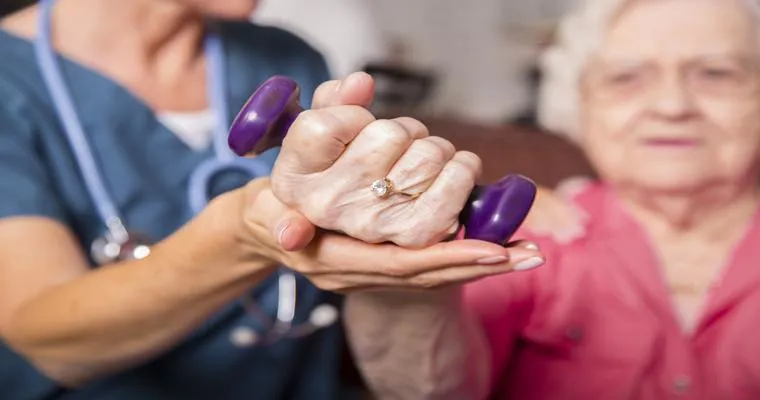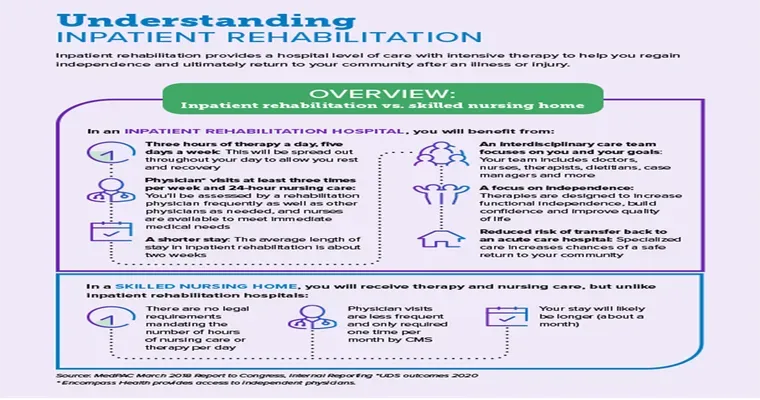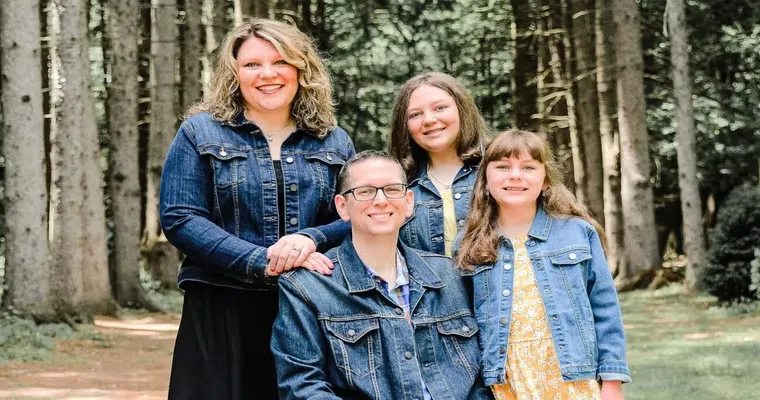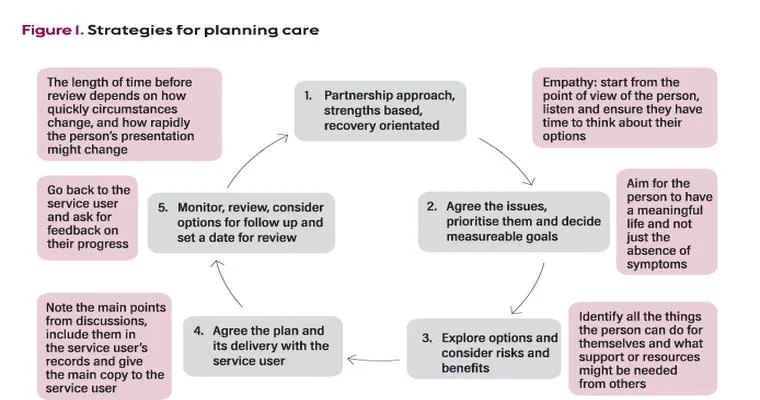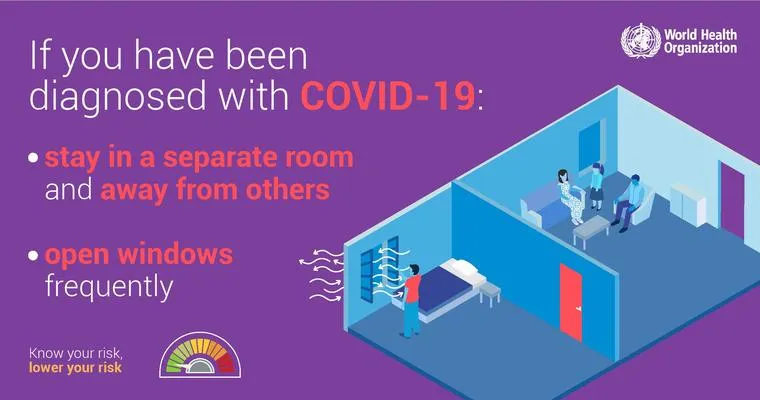As our loved ones age, the need for "elderly rehabilitation" becomes increasingly important. This specialized care focuses on helping seniors regain their independence and improve their quality of life after illness, injury, or surgery. Key components of elderly rehabilitation include "physical therapy", "occupational therapy", and "speech therapy". Each of these therapies plays a vital role in addressing the unique challenges faced by older adults, ensuring they receive comprehensive care tailored to their needs.
Understanding Physical Therapy
"Physical therapy" is primarily concerned with improving mobility and physical function. For the elderly, this may involve recovery from orthopedic surgery, managing chronic pain, or enhancing balance to prevent falls. Physical therapists utilize various techniques, including exercises, manual therapy, and modalities like heat or cold therapy, to help seniors regain strength and improve their range of motion. A personalized treatment plan is crucial, as it allows therapists to focus on specific goals, whether that's walking independently or performing daily activities with ease.
The Role of Occupational Therapy
"Occupational therapy" complements physical therapy by focusing on the daily activities that individuals need or want to perform. For seniors, this may include grooming, cooking, and other essential self-care tasks. Occupational therapists assess the individual’s home environment and daily routines, identifying obstacles that may hinder independence. They then work with patients to develop strategies and adaptive techniques that facilitate participation in meaningful activities. This might involve using assistive devices or modifying tasks to accommodate physical limitations, ultimately enhancing the overall quality of life.
Importance of Speech Therapy
"Speech therapy" is another critical component of elderly rehabilitation, particularly for those who have experienced strokes, neurological disorders, or other conditions affecting communication and swallowing. Speech-language pathologists assess and treat difficulties related to speech, language, cognition, and swallowing. They work closely with seniors to improve their communication skills, ensuring they can express their needs and engage in social interactions. Additionally, therapy for swallowing difficulties is crucial, as it can prevent complications like aspiration pneumonia, which is a common concern in aging populations.
The Benefits of a Multidisciplinary Approach
Integrating "physical therapy", "occupational therapy", and "speech therapy" into a cohesive elderly rehabilitation program provides a holistic approach to care. By addressing various aspects of an individual’s recovery, these therapies work synergistically to promote better outcomes. Seniors benefit from improved physical abilities, enhanced functional independence, and better communication skills, all of which contribute to a higher quality of life.
Conclusion
Elderly rehabilitation through "physical therapy", "occupational therapy", and "speech therapy" is essential for helping older adults navigate the challenges of aging. By focusing on their unique needs and goals, these therapies empower seniors to regain independence and improve their overall well-being. If you or a loved one is facing rehabilitation needs, consider consulting with healthcare professionals who specialize in these areas to create a comprehensive care plan tailored to individual circumstances. Taking this proactive step can lead to significant improvements in health and happiness during the golden years.

